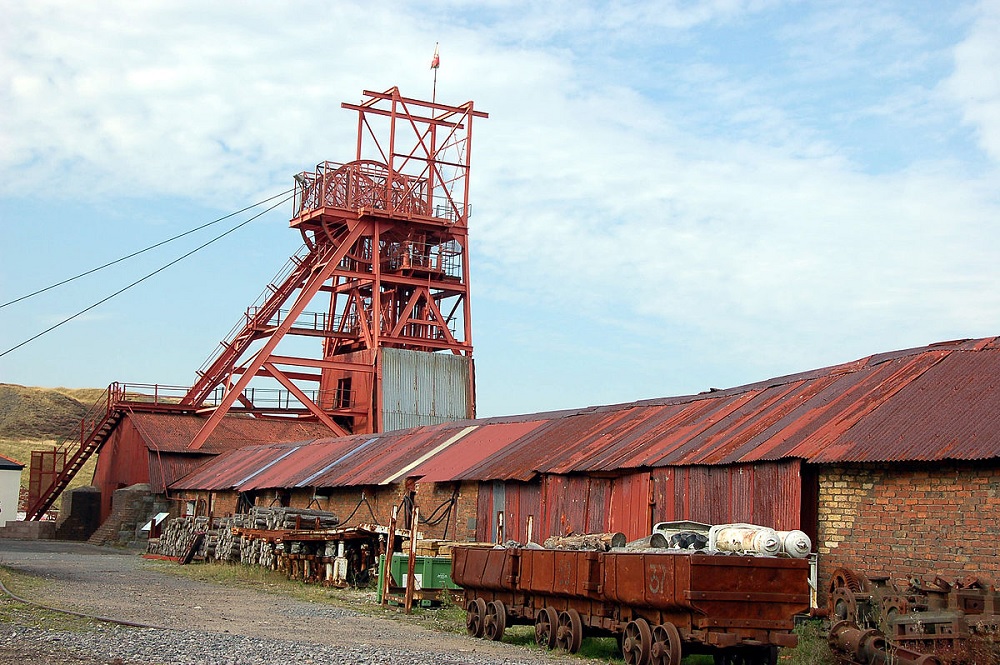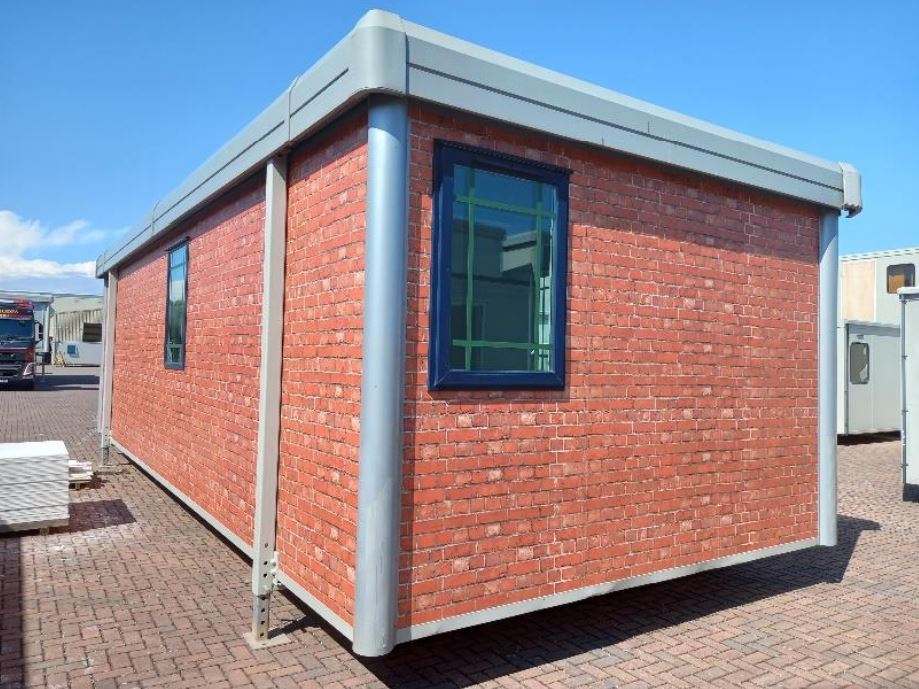Portakabin at popular visitor attraction is approved

Twm Owen Local Democracy Reporter
A portakabin wrapped in vinyl to resemble red brickwork at the site of the UK’s most highly rated free museum has been in place without planning permission since July last year.
The unit is used as a staff room for pit-guides who take visitors underground at the former colliery that is now Wales’ national mining museum.
National Museum Wales was given temporary planning permission for the 10 metres long by 4.2m wide unit at the end of March while it seeks a “more suitable solution” for providing a rest room for guides at the attraction that has been open to the public since 1983.
“Acceptable”
Welsh historic buildings body Cadw said the Portakabin would have a “slight impact” on the “outstanding universal values” of the UNESCO Blaenavon World Heritage site which the former working mine forms a part of.
Torfaen Borough Council described the unit as “out of character” as it is surrounded by listed buildings, including the Pit Head Building, Headframe and Tram Circuit, Winding Engine House and Saw Mill.

However council planning officer Mia McAndrew said, in a report that approved the application to keep the unit for a temporary period, it could be allowed.
She wrote: “It is therefore considered acceptable for the temporary period proposed. If a permanent structure is proposed in the future, it would need to be more sensitive to its surroundings.”
The application said the location which currently houses some old rolling stock was chosen as the guides need to be close to where they meet touring parties and it isn’t “overly prominent” and is concealed from westerly public view “to some degree by the existing winding house”.
It added: “Even though the temporary structure will not be prominent, the applicant is keen that its appearance is treated sensitively. The proposed modular cabin will therefore be provided with a vinyl wrap simulating a brick cladding treatment, similar to some of the surrounding buildings.”
“Most complete mine remaining”
Big Pit was a working mine from 1880 to 1980 and the buildings on the surface date from around 1900 to the 1970s. Information submitted on behalf of National Museum describes the “piecemeal development” as “typical of mines in South Wales” and Big Pit as “now the most complete remaining”.
Foul water will be drained to to the mains sewer and surface water to a soakaway and a bird box will also be provided on the unit.
A condition of the planning permission requires that the unit is removed before January 27, 2025 and that the land, described as scrub-land consisting of old tarmac/stone scalpings and rough grassland, is restored to its former condition by the same date.
Support our Nation today
For the price of a cup of coffee a month you can help us create an independent, not-for-profit, national news service for the people of Wales, by the people of Wales.





